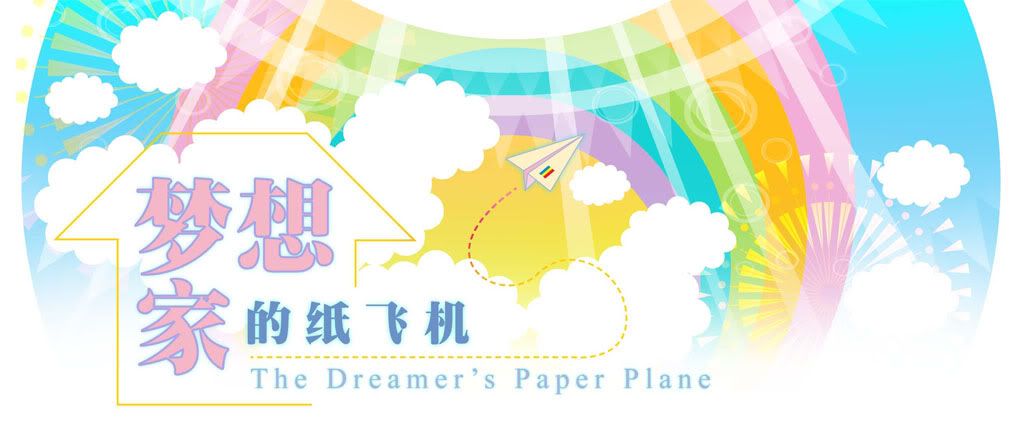
Wednesday, December 7, 2011
Genius
Mozart
Mozart’s father was a royal musician in the Castle of Salzburg, Austria. During his childhood, his father taught him to play violin, harpsichord, and composing. He got famous ever since he was a kid. Being the royal musician in the castle, his father brought him into the field of music. Mozart’s age never became a hindrance for him on his journey of music. He was so passionate about music, and so his parents greatly encouraged him for that.
Leonardo da Vinci
Ever since he’s small, da Vinci’s parents had encouraged him to explore more on the fields that he’s interested in. It includes mathematics, science, music, and arts. He became an apprentice and worked under a famous artist known as Andrea del. Verrocchio when he was still a teenager. In Verrocchio’s workplace, da Vinci achieved great advancement on his skills. With the knowledge he obtained, he explore the usage in other fields like scientific inventions. With his creativity, he was able to paint a brand new perception out of old tradition.
Albert Einstein
What Einstein’s different from Mozart and da Vinci, is that his childhood education was rather close to what we’re having now. Ever since he was born, his parents had encouraged him to explore his potential and talent. His formal education began from a primary school and ended in high school. However, it is not as what we’ve heard, that Einstein had always been fascinated about science. He spent his childhood admiring lots of other fields as well. At his younger age, he studied about religions and moral teachings. At the age of 12, he began learning violin. This became his very interest in life. At the age of 16, his parents put him in an examination of higher education. Back then, he’s 2 years younger than the usual age for the exam. Unfortunately, he did not make it through the test. Nevertheless, he was not mad and sorrow for his lost. He stayed in the school and joined the Federal Institute of Technology in Zurich. However, his talent wasn’t very much explored during his formal education. Unlike Mozart and da Vinci, he began his ‘journey’ a little late. In the 8 years after his graduation from the Federal Institute of Technology in Zurich, he tried different occupation and different industries. These include lecturer, school’s staff for parent’s association and so on. His ideas, perception and creativity was only discovered by the people is the academic circle. Things that follow after this, we could find in in history books.
Whenever I encounter such question in a lecture, I’d answer “It then depends on how you perceive wealth. If you mean that the family is able to support their children to explore and discover their potential and talent, then the answer would be ‘yes’; but if you mean that they’re born with a silver spoon in mouth, my answer would be ‘Neither of them were extraordinarily rich.’”
What’s the similarity of their childhood then?
Foundation for a Genius
★ Potential and ability is very much appreciated and encouraged by the parents during childhood
★ Age isn’t the main key, but ability
Postscript:
As our Sensei has always said “Children are our treasure.” One of the pioneers in Peace Studies, Dr. John Carlton would get hugged by his father after school as if he’s just won over a war during his childhood. When there’s a war, people tend to prepare themselves that they might not have the chance to meet again. Try imagining your father passionately hugging you and say “I’m glad that you’re home safely, my child” instead of being that cool and quiet father as usual. His father had a different way of praising his child. Whenever the son’s done something good, the father would hug him and encourage him. These actions helped him grow up to be a caring and understanding person. He said “This was a training for peace.”
Mozart’s father was a royal musician in the Castle of Salzburg, Austria. During his childhood, his father taught him to play violin, harpsichord, and composing. He got famous ever since he was a kid. Being the royal musician in the castle, his father brought him into the field of music. Mozart’s age never became a hindrance for him on his journey of music. He was so passionate about music, and so his parents greatly encouraged him for that.
Leonardo da Vinci
Ever since he’s small, da Vinci’s parents had encouraged him to explore more on the fields that he’s interested in. It includes mathematics, science, music, and arts. He became an apprentice and worked under a famous artist known as Andrea del. Verrocchio when he was still a teenager. In Verrocchio’s workplace, da Vinci achieved great advancement on his skills. With the knowledge he obtained, he explore the usage in other fields like scientific inventions. With his creativity, he was able to paint a brand new perception out of old tradition.
Albert Einstein
What Einstein’s different from Mozart and da Vinci, is that his childhood education was rather close to what we’re having now. Ever since he was born, his parents had encouraged him to explore his potential and talent. His formal education began from a primary school and ended in high school. However, it is not as what we’ve heard, that Einstein had always been fascinated about science. He spent his childhood admiring lots of other fields as well. At his younger age, he studied about religions and moral teachings. At the age of 12, he began learning violin. This became his very interest in life. At the age of 16, his parents put him in an examination of higher education. Back then, he’s 2 years younger than the usual age for the exam. Unfortunately, he did not make it through the test. Nevertheless, he was not mad and sorrow for his lost. He stayed in the school and joined the Federal Institute of Technology in Zurich. However, his talent wasn’t very much explored during his formal education. Unlike Mozart and da Vinci, he began his ‘journey’ a little late. In the 8 years after his graduation from the Federal Institute of Technology in Zurich, he tried different occupation and different industries. These include lecturer, school’s staff for parent’s association and so on. His ideas, perception and creativity was only discovered by the people is the academic circle. Things that follow after this, we could find in in history books.
Was Mozart, da Vinci and Einstein born rich?
Whenever I encounter such question in a lecture, I’d answer “It then depends on how you perceive wealth. If you mean that the family is able to support their children to explore and discover their potential and talent, then the answer would be ‘yes’; but if you mean that they’re born with a silver spoon in mouth, my answer would be ‘Neither of them were extraordinarily rich.’”
What’s the similarity of their childhood then?
Foundation for a Genius
★ Potential and ability is very much appreciated and encouraged by the parents during childhood
★ Exploring potential in multiple fields and industries
★ A chance to develop their ability and talent
★ Ability hasn’t been limited by any means
★ Ability and talent was able to be discovered, appreciated and admired by others
If we study about these key points and their meaning on our way of discovering genius, there would often be questions like “If it is so, how would it turn out to be?” If da Vinci’s parents did not encourage him to explore his interests, how would it be? If the academic circle could not accept Einstein’s point of view, what could happen next? If Mozart’s parents did not encourage him in the field of music, and asked him to pursue his studies in other field, what could he become? Frankly, without being discovered, appreciated, admired, or without encouragement from anyone, history would not be able to make anyone famous no matter how talented he/she could be.
Postscript:
As our Sensei has always said “Children are our treasure.” One of the pioneers in Peace Studies, Dr. John Carlton would get hugged by his father after school as if he’s just won over a war during his childhood. When there’s a war, people tend to prepare themselves that they might not have the chance to meet again. Try imagining your father passionately hugging you and say “I’m glad that you’re home safely, my child” instead of being that cool and quiet father as usual. His father had a different way of praising his child. Whenever the son’s done something good, the father would hug him and encourage him. These actions helped him grow up to be a caring and understanding person. He said “This was a training for peace.”
As for us, what have we done to train our children for peace? How many of us would understand that ‘action teaches better than words’? We must reflect ourselves as we’re the ones who possess the mission of nurturing the children. Great dreams nurture noble movements, great dreams train us to be better. It’s true that a word of encouragement works more effectively than a word of anger. Encouragement could also be a practice. To train ourselves becoming people that practices encouragement as a habit, is one of the important point of education of humanity. Encouragement provides energy for our children to keep on striving when they’re facing challenges. Only through encouragement can the children achieve growth and exert their talent thoroughly. We must first believe in ourselves, that we have the ability to enlighten and open up our children’s potential!
Labels: q. rojak article sharing

















































